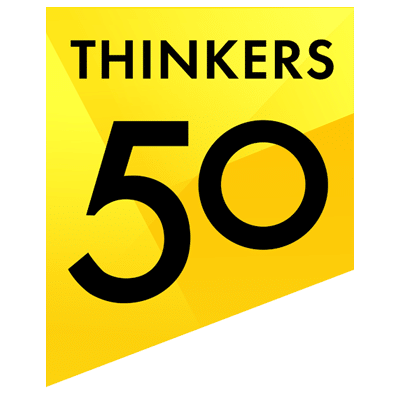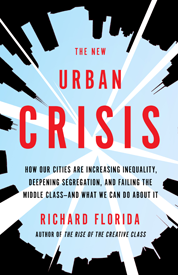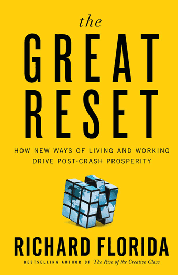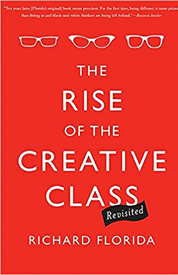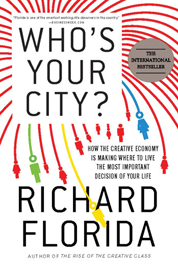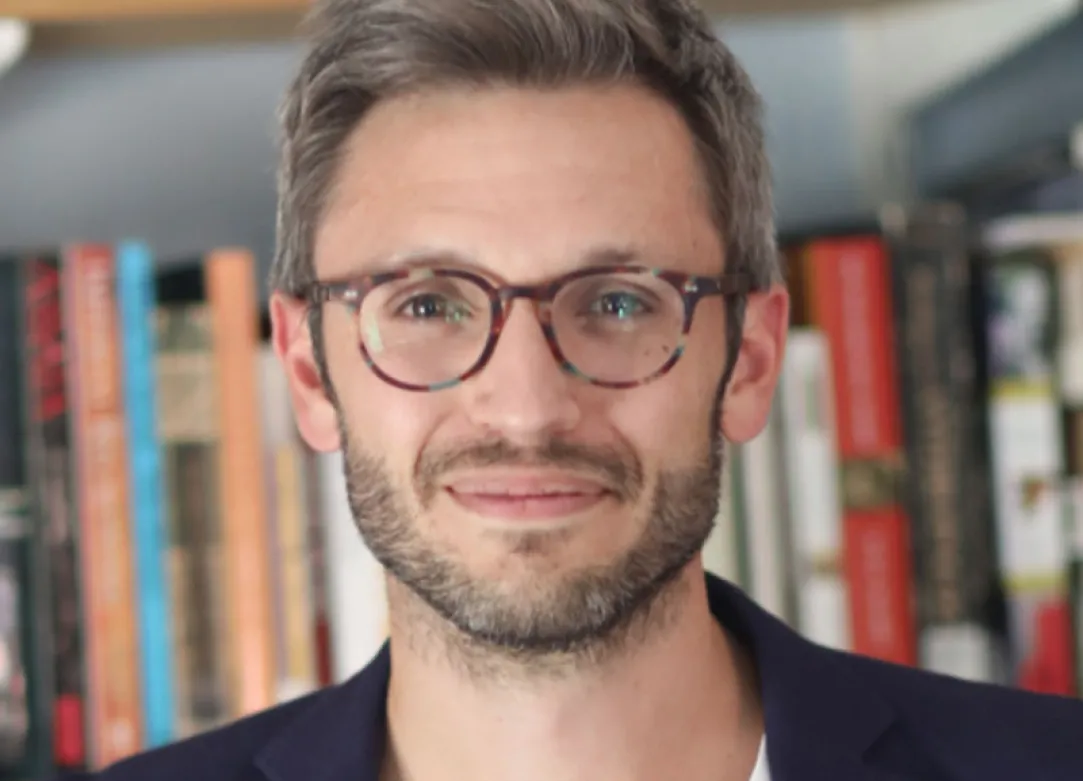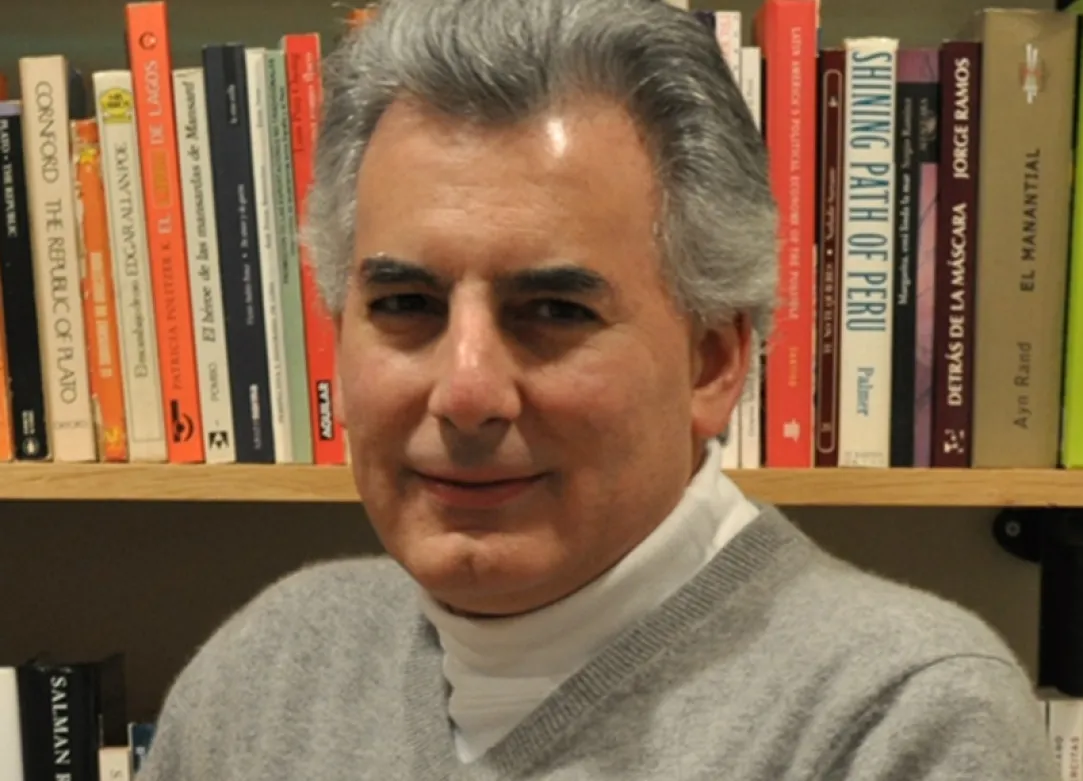Richard Florida is one of the world’s most sought after speakers on global trends, economics, prosperity, competitiveness, and growth. Combining in-depth analysis, a fascinating personal story, and a touch of self-deprecating humor, it’s no wonder he was named one of Esquire’s “Best and Brightest,”
He is a researcher and professor, serving as University Professor and Director of Cities at the Martin Prosperity Institute at the University of Toronto’s Rotman School of Management, a Distinguished Fellow at New York University’s Schack Institute of Real Estate, and a Visiting Fellow at Florida International University.
He is a writer and journalist, having penned several global best sellers, including the award winning The Rise of the Creative Class and his most recent book, The New Urban Crisis published in April 2017. He serves as senior editor for The Atlantic, where he co-founded and serves as Editor-at-Large for CityLab.
He is an entrepreneur, founder of the Creative Class Group, which works closely with cities, nations, and companies worldwide.
A 2013 MIT study named him the world’s most influential thought leader. And TIME magazine recognized his Twitter feed as one of the 140 most influential in the world.
Richard Florida is perhaps the world’s leading urbanist, “as close to a household name as it is possible for an urban theorist to be in America,” according to The Economist. Esquire has included him on its annual list of “The Best and the Brightest,” and Fast Company dubbed him an “intellectual rock star.” MIT Technology Review recently named him one of the world’s most influential thinkers. GDI also named him one of the world’s global thought leaders of 2013. He is also a member of the Global Agenda Council on the Creative Economy, World Economic Forum.
He previously taught at Carnegie Mellon, Ohio State University, and George Mason University, and has been a visiting professor at Harvard and MIT and Visiting Fellow at the Brookings Institution.
He earned his Bachelor’s degree from Rutgers College and his Ph.D. from Columbia University.


